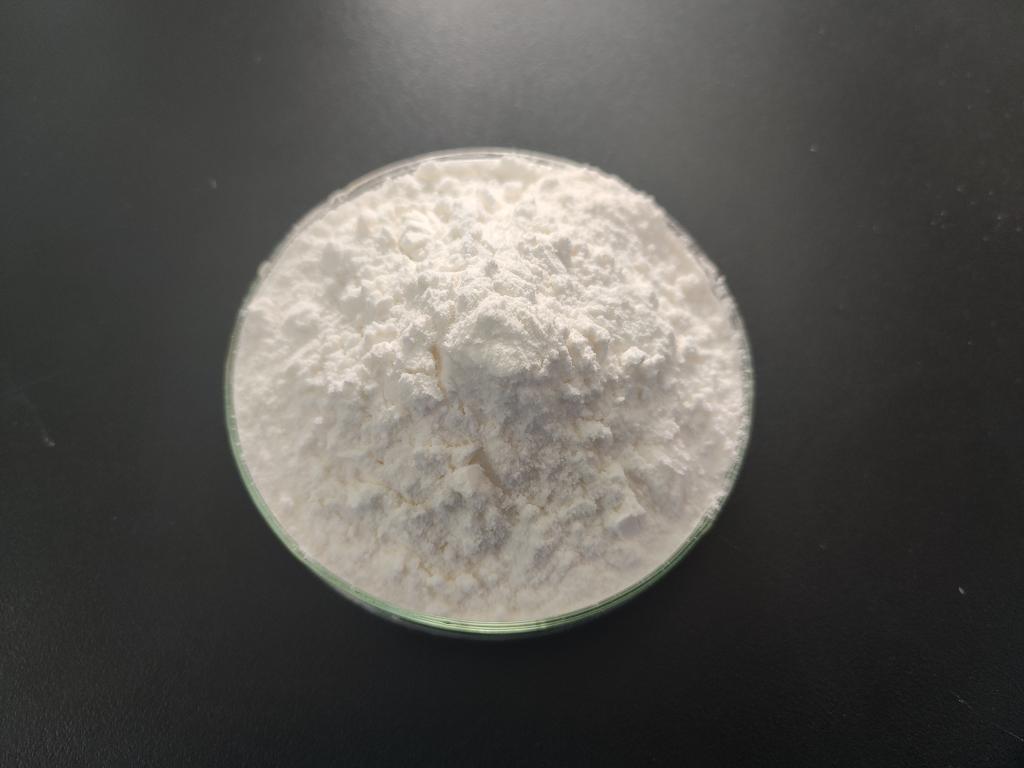Tel:+8618231198596

News
 CONTACT
CONTACT
 CONTACT
CONTACT
- Linkman:Linda Yao
- Tel: +8618231198596
- Email:linda.yao@dcpharma.cn
- Linkman:CHARLES.WANG
- Department:Overseas
- Tel: 0086 0311-85537378 0086 0311-85539701
News
ε-Polylysine Hydrochloride's Application in Promoting Plant-Based Meat and Alternative Proteins.
TIME:2023-10-26
2. The Rise of Plant-Based Meat and Alternative Proteins
Understanding the context of the plant-based meat and alternative protein industry is essential. We discuss the driving forces behind this movement, its market growth, and the need for innovative solutions.
3. ε-Polylysine Hydrochloride: A Brief Overview
An introduction to ε-polylysine hydrochloride provides a foundation for understanding its applications in this context. We cover its properties, natural sources, and the mechanisms behind its antimicrobial activity.
4. Challenges Faced by Plant-Based Meat and Alternative Protein Producers
The plant-based meat and alternative protein industry faces unique challenges, including texture, taste, safety, and shelf life. We discuss these obstacles and highlight the potential of ε-polylysine hydrochloride to address them.
5. Mechanisms of ε-Polylysine's Action
Understanding how ε-polylysine works is crucial to its application in plant-based meats and alternative proteins. We delve into its antimicrobial properties and how it can inhibit the growth of spoilage microorganisms.
6. Improving Taste and Texture
One of the primary challenges in alternative protein products is replicating the taste and texture of traditional meats. We explore how ε-polylysine hydrochloride can enhance the organoleptic qualities of plant-based meats, making them more appealing to consumers.
7. Enhancing Food Safety and Shelf Life
Food safety is paramount in all food products, including plant-based alternatives. We discuss ε-polylysine's role in extending the shelf life of these products and inhibiting the growth of harmful pathogens.
8. Consumer Acceptance and Regulatory Considerations
The acceptance of plant-based meats and alternative proteins is strongly influenced by safety and taste. We explore how ε-polylysine hydrochloride can contribute to consumer satisfaction and discuss regulatory considerations for its use in these products.
9. Current Research and Case Studies
Real-world examples and ongoing research initiatives illustrate the practical applications of ε-polylysine hydrochloride in the plant-based meat and alternative protein industry. These case studies showcase its effectiveness in addressing the challenges faced by this sector.
10. Future Prospects and Opportunities
The future of ε-polylysine hydrochloride in promoting plant-based meat and alternative proteins is promising. We discuss potential avenues for research, the evolving regulatory landscape, and the opportunities for further improving these products.
11. Conclusion
The application of ε-polylysine hydrochloride in the plant-based meat and alternative protein industry signifies its adaptability and innovative potential. By addressing the challenges of taste, safety, and shelf life, ε-polylysine hydrochloride is contributing to the growth and acceptance of these products. As research continues to advance and regulatory measures evolve, ε-polylysine hydrochloride is poised to play a pivotal role in shaping the future of plant-based meats and alternative proteins, making them more appealing and safer for consumers.
- Tel:+8618231198596
- Whatsapp:18231198596
- Chat With Skype







